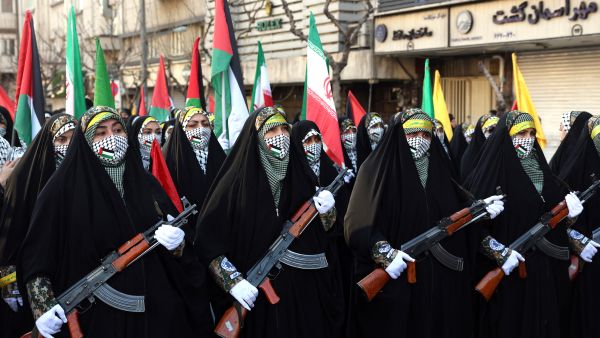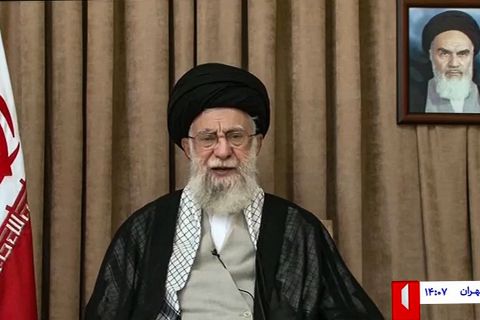ALBAWABA - Tehran has launched a wide-reaching internal security operation in the wake of its recent conflict with Israel, marked by the execution of multiple individuals and the detention of hundreds more accused of espionage. Authorities claim the campaign is aimed at dismantling foreign intelligence networks believed to be operating within the country.
Government sources allege that information leaked to Israel during the conflict contributed to a string of high-profile assassinations, including the killing of senior Revolutionary Guard officials and nuclear scientists. Iranian intelligence services blame these incidents on what they describe as an unprecedented security breach involving foreign operatives.
In less than two weeks, six people have been executed for allegedly spying for Israel, while over 700 others have been detained across Iran. State television has aired confessions said to be from detainees, though human rights groups argue such confessions are often coerced under duress and followed by unfair trials.
Iran’s intelligence ministry has framed the ongoing efforts as a defensive measure against Western spy networks, accusing agencies such as Mossad, the CIA, and MI6 of coordinating subversive activities inside the country. The security operation has also extended to Iranian journalists working for international Persian-language media outlets. Families of some journalists have reportedly been detained or threatened as a means of silencing critical reporting.
In parallel, access to the internet has been severely restricted, and popular global platforms remain blocked. The government has also escalated pressure on social media users, warning them of prosecution if found engaging with pro-Israel content.
Beyond the alleged espionage cases, dozens of artists, writers, and civil society activists have been arrested in recent weeks, many without formal charges. Observers view these actions as a pretext to suppress dissent and prevent renewed protest movements.
The current wave of repression has drawn comparisons to political purges from Iran’s past, particularly the 1988 mass executions of political prisoners. Analysts warn that, amid strained international relations and domestic instability, Iranian authorities may be reverting to authoritarian tactics to reassert control and silence opposition.










